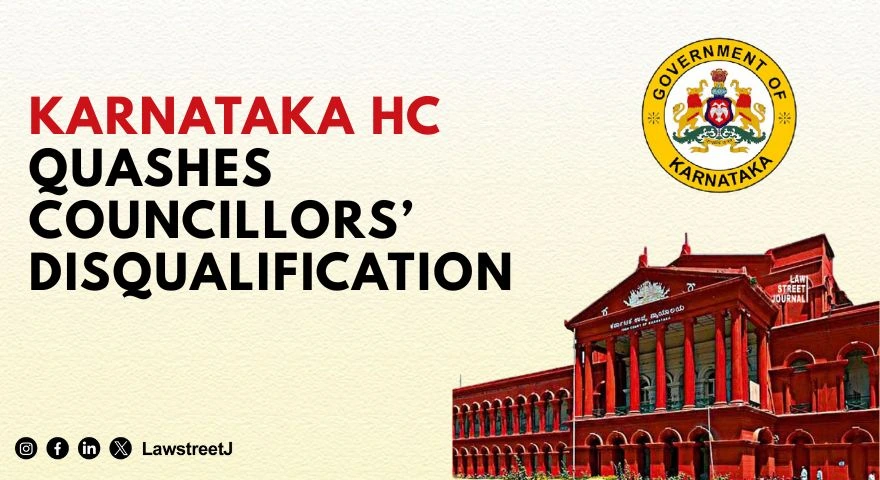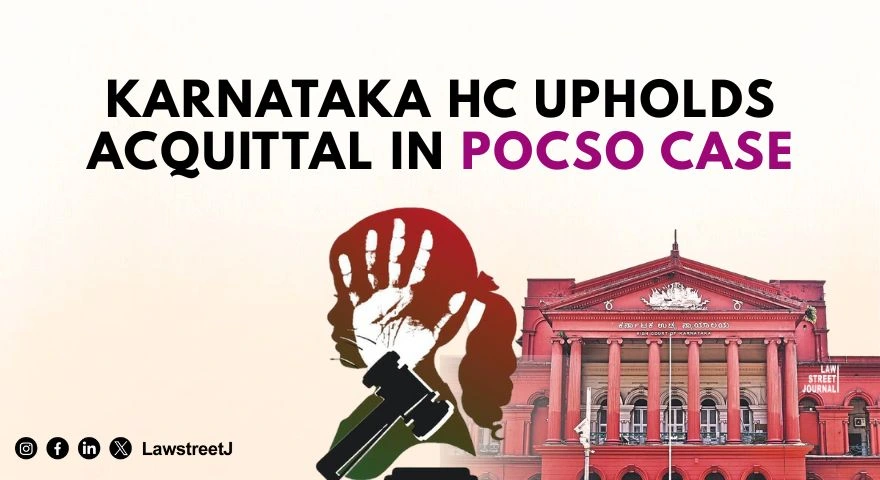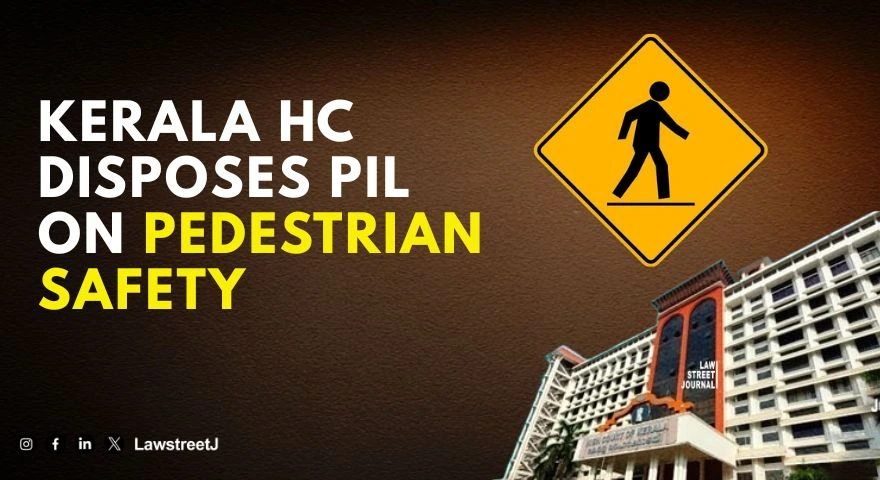The Supreme Court on December 15, 2020 upheld the Competition Commission of India (CCI) order which dismissed the complaints of cartelisation and anti-competitive practices by cab regulators Ola and Uber.
A three-judge bench of Justices RF Nariman, KM Joseph, and Krishna Murari also set aside the National Company Law Appellate Tribunal (NCLAT) finding that the informant in the case, Samir Agarwal, had no locus standi to move to the CCI.
Proceedings in CCI:
- Samir Agarwal, an independent practitioner of the law sought that the Competition Commission of India should initiate an inquiry, under section 26(2) of the Competition Act, 2002, into the alleged anti-competitive conduct of Ola and Uber
- He further alleged that they entered into price-fixing agreements in contravention of section 3(1) read with section 3(3)(a) of the Competition Act, 2002, and engaged in resale price maintenance in contravention of section 3(1) read with section 3(4)(e) of the Competition Act, 2002.
- It was alleged that the pricing algorithm used by Ola and Uber artificially manipulates supply and demand, guaranteeing higher fares to drivers who would otherwise compete against one and another. Cooperation between drivers, through the Ola and Uber apps, results in concerted action under section 3(3)(a) read with section 3(1) of the Competition Act, 2002.
- It was held by the Commission view that there is no case of contravention of the provisions of Section 3 has been made out and the matter is accordingly closed herewith under Section 26(2) of the Competition Act, 2002.
- CCI stated that on the basis of personalised information of riders along with other factors including traffic situation, festivals, etc., prices were fixed determining the demand-supply situation.
Proceedings in NCLAT:
- Aggrieved by the Order of the CCI,he filed an appeal before the National Company Law Appellate Tribunal
- NCLAT while dismissing the appeal recorded that the point as to resale price maintenance was not pressed before it, after which it delved into the locus standi of the Appellant to move the CCI
Supreme Court Observations:
Following this, he moved to Supreme Court wherein the bench discussed various provision of Competition Act, 2020, and Consumer Protection Act, 1986before dismissing the appeal.
The bench also discussed provisions of Competition Commission of India (General) Regulations, 2009 and observed that any person may provide information to the CCI, which may then act upon it in accordance with the provisions of the Act. In this regard, the definition of person in section 2(l) of the Act, set out hereinabove, is an inclusive one and is extremely wide, including individuals of all kinds and every artificial juridical person.
The bench pointed out that the provision of the Advocates Act, 1961 is in the context of a particular advocate being penalized for professional or other misconduct, which concerned itself with an action in personam, unlike the present case, which is concerned with an action in rem.
Relying to the case of Adi Pherozshah Gandhithat noted that a person aggrieved must, in the context of the Act, be understood widely and not be constructed narrowly
"When the CCI performs inquisitorial, as opposed to adjudicatory functions, the doors of approaching the CCI and the appellate authority, i.e., the NCLAT, must be kept wide open in public interest, so as to subserve the high purpose of the act," the bench observed.
The bench dismissed the appeal as the bench did not find any reason to interfere in concurrent findings of fact of the CCI and the NCLAT.

![The Apex Court upholds the findings of CCI and NCLAT regarding the complaints of cartelisation and anti-competitive practices by cab regulators Ola and Uber [READ JUDGMENT]](/secure/uploads/2020/12/lj_5382_The_Apex.jpeg)






